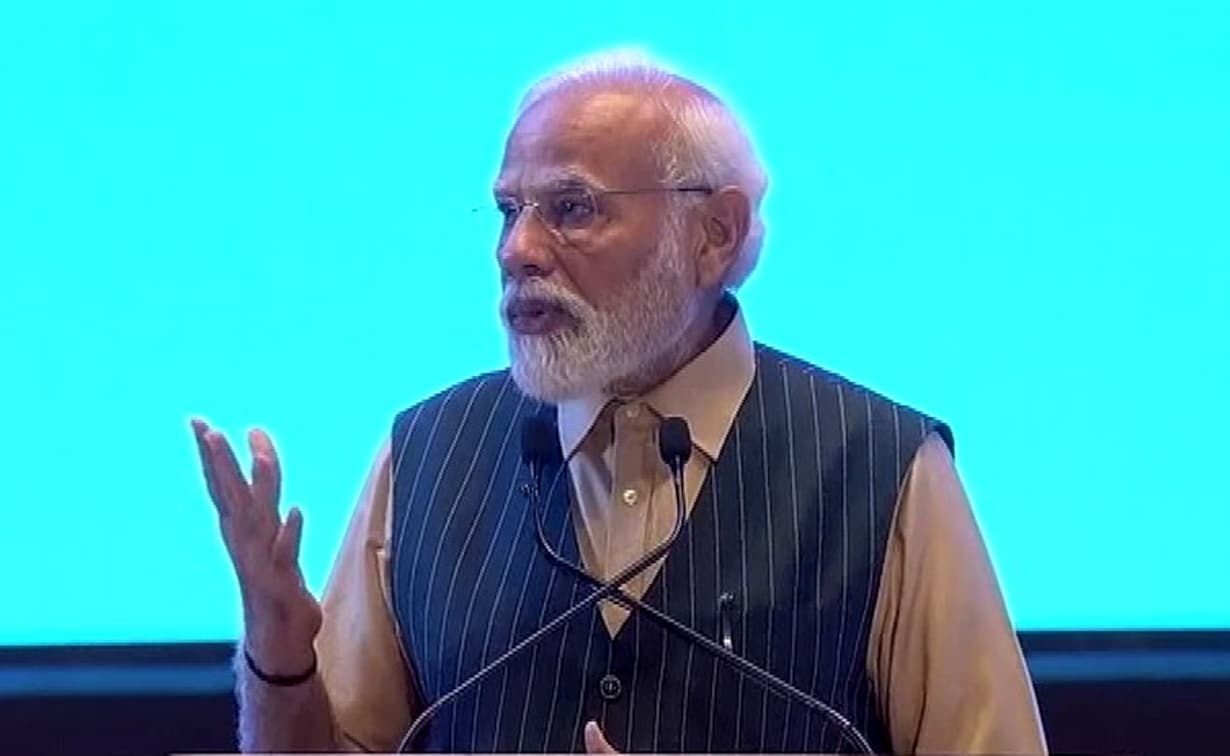Education in Mother Tongue: A New Form of Justice for Indian Students
India is a country of linguistic diversity, with more than 450 languages spoken by its 1.3 billion people. However, for a long time, the education system has been dominated by English and Hindi, the official languages of the central government. This has created a situation where many students are denied the opportunity to learn in their mother tongue, the language they speak at home and identify with.
The new National Education Policy (NEP) of India, which was approved by the government in 2020, aims to change this scenario by promoting mother tongue-based multilingual education (MTB-MLE) for the first four years of schooling (K-3). The NEP states that "wherever possible, the medium of instruction until at least Grade 5, but preferably till Grade 8 and beyond, will be the home language/mother tongue/local language/regional language" .
The NEP also proposes two models to cater to the linguistic diversity in different regions: a 'multiple monolingual' model, which groups students with the same mother tongue in separate classes, and a 'lingua franca' model, which adopts a widely used language as the medium of instruction for all students .
The NEP's move to teaching in mother tongue has been hailed by many experts and activists as a progressive and inclusive step that will benefit millions of Indian students. Some of the advantages of MTB-MLE are:
- It makes it easier for children to learn other languages. Research shows that children who learn in their mother tongue develop better cognitive and linguistic skills that help them acquire additional languages later on .
- It develops their personal, social and cultural identity. Learning in their mother tongue helps children to connect with their roots, values and traditions, and to appreciate their own and others' diversity.
- It improves their learning outcomes and academic performance. Studies have shown that children who learn in their mother tongue perform better in reading, writing, mathematics and science than those who learn in a foreign language.
- It reduces dropout rates and increases enrolment. Many children from marginalized communities drop out of school or do not enrol at all because they face difficulties in understanding and communicating in a language that is not their own. MTB-MLE can address this barrier and encourage more children to attend and complete school.
However, implementing MTB-MLE is not without challenges. Some of the obstacles that teachers and schools face are:
- Scarcity of financial and human resources. Providing adequate infrastructure, materials and training for MTB-MLE requires substantial funding and support from the government and other stakeholders.
- Multiplicity of languages and dialects. India has hundreds of languages, many of which have multiple dialects and variations. Choosing an appropriate mother tongue for each student or group can be a complex and contentious task.
- Inconsistent strategies and policies. Different states and regions have different approaches and guidelines for MTB-MLE, which can create confusion and inconsistency among teachers, parents and students.
- Sceptical attitudes and preferences. Many parents and students still prefer English or Hindi as the medium of instruction, believing that they offer more opportunities and prestige than local languages. Changing this mindset requires awareness-raising and advocacy efforts.
Despite these challenges, MTB-MLE is a promising initiative that can transform education in India by making it more equitable, relevant and effective for all learners. By respecting and valuing the linguistic diversity of the country, MTB-MLE can initiate a new form of justice for Indian students.
Source:
(1) Use of mother tongue in foundational education, now and earlier. https://indianexpress.com/article/explained/teaching-in-mother-tongue-what-curriculum-guidelines-said-in-the-past-8230462/.
(2) Education in mother tongue initiating a new form of justice for students in India: PM Modi. https://www.thehindu.com/news/national/education-in-mother-tongue-is-initiating-a-new-form-of-justice-for-students-in-india-pm/article67135302.ece.
(3) Education in mother tongue initiating new form of justice for Indian students: Modi. https://www.msn.com/en-in/news/other/education-in-mother-tongue-initiating-new-form-of-justice-for-indian-students-modi/ar-AA1evWwB.
(4) "Education In Mother Tongue New Form Of Social Justice": PM Modi. https://www.ndtv.com/india-news/education-in-mother-tongue-new-form-of-social-justice-pm-modi-4250935.
(5) 8 reasons why the NEP's move to teaching in mother tongue could .... https://www.indiatoday.in/education-today/featurephilia/story/why-nep-teaching-in-mother-tongue-could-transform-education-in-india-1711187-2020-08-14.
(6) India’s Revised Education Policy Targets Use of Mother Tongues. https://www.usnews.com/news/best-countries/articles/2020-09-28/indias-revised-education-policy-targets-use-of-mother-tongues.
(7) What are the benefits of mother tongue education and multilingual .... https://profoundtips.com/popular/what-are-the-benefits-of-mother-tongue-education-and-multilingual-education/.
(8) Why mother language-based education is essential | UNESCO. https://www.unesco.org/en/articles/why-mother-language-based-education-essential.
(9) Importance of mother tongue in education - Independent Education Today. https://ie-today.co.uk/comment/the-importance-of-mother-tongue-in-education/.
(10) The challenges of mother-tongue education in Ethiopia: The case of .... https://www.tandfonline.com/doi/abs/10.1080/10228190701794608.
(11) The Challenge of Implementing Mother Tongue Education in ... - Springer. https://link.springer.com/content/pdf/10.1007/s40299-016-0310-5.pdf.
(12) Challenges Encountered by Teachers in Teaching Mother Tongue ... - Issuu. https://issuu.com/ijsshr001/docs/paperpdf-1606303036.
(13) Strategies and Problems Encountered by Teachers in Implementing Mother .... https://iafor.org/journal/iafor-journal-of-language-learning/volume-1-issue-1/article-4/.







0 Comments